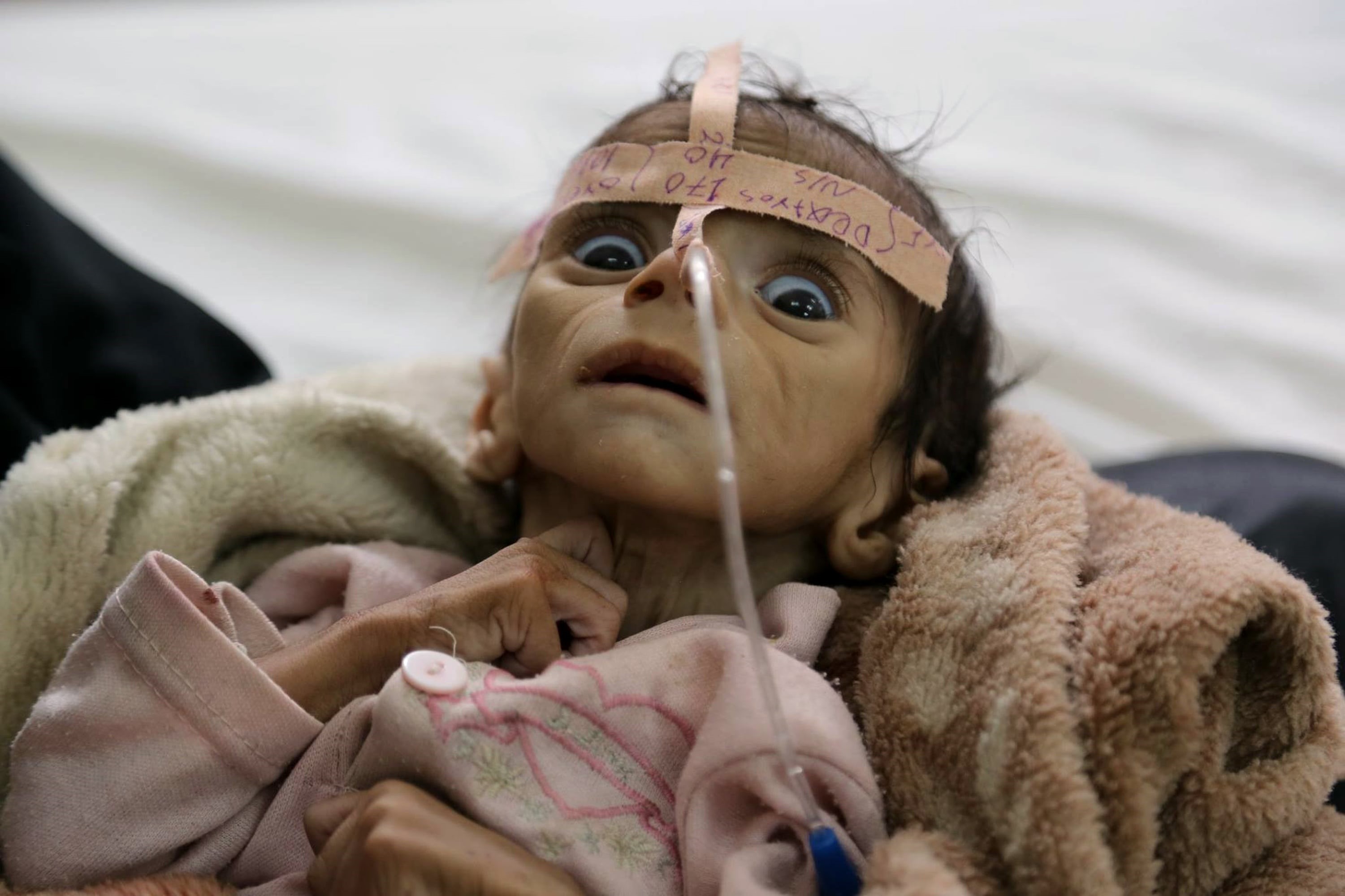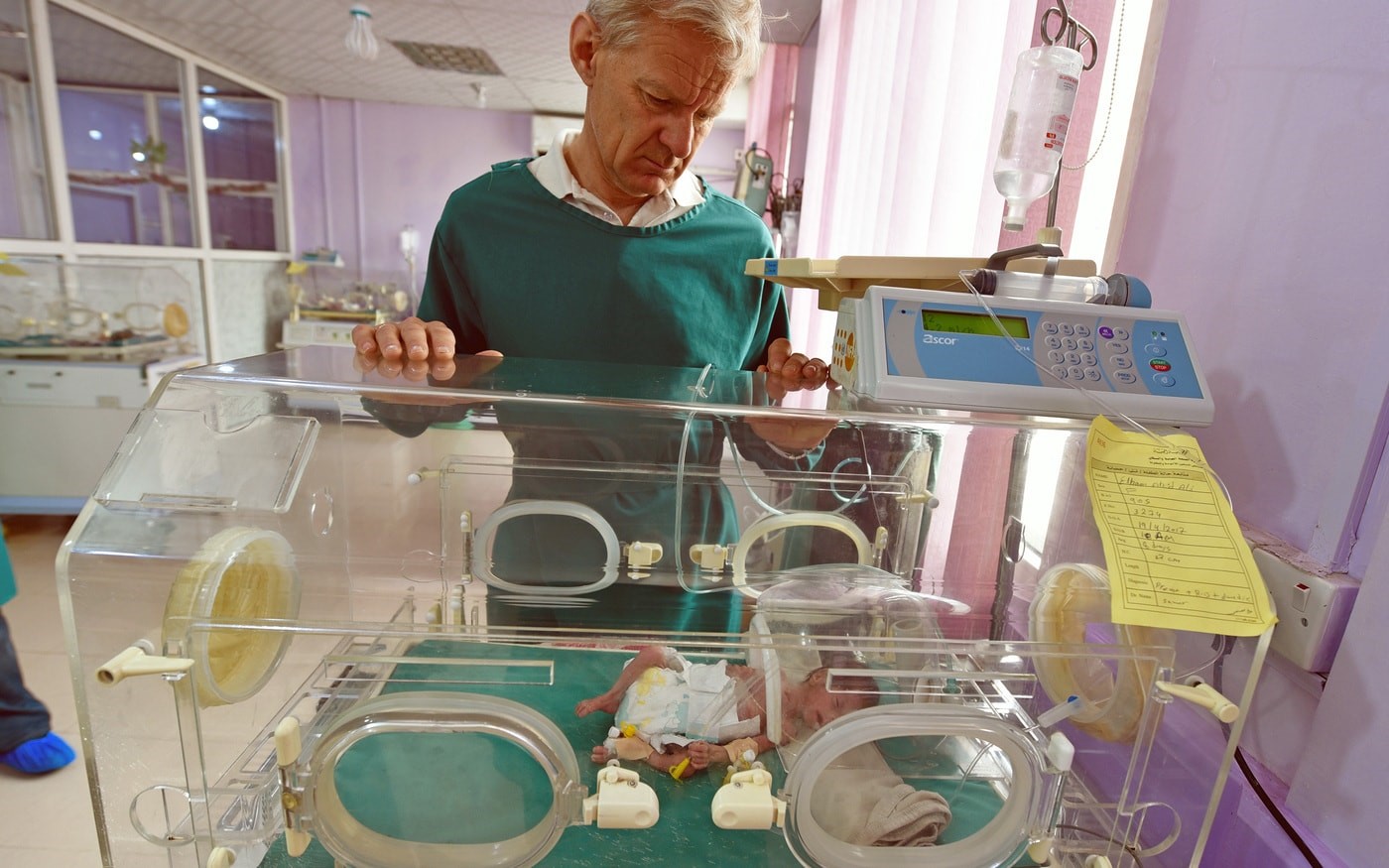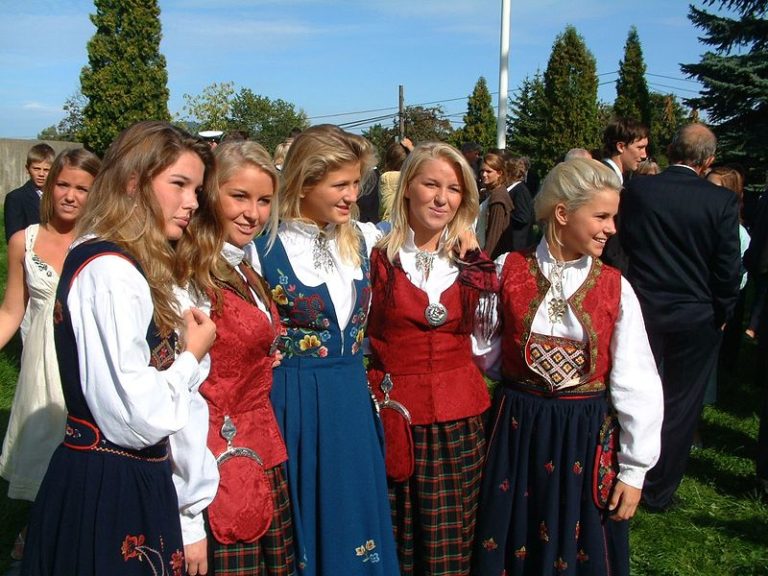
This is a gigantic failure of international diplomacy. Men with guns and power inside Yemen as well as in regional and international capitals are undermining every effort to avert an entirely preventable famine, as well as the collapse of health and education services for millions of children.

NRC’s appeal to the parties of the conflict in Aden and Sana’a, as well as to Saudi Arabia and the United Arab Emirates, to Iran and to Western powers like the USA and UK, is the following:
“Do not bring further fuel to this fire. We need you to agree to a ceasefire, serious peace talks and urgent relief for 19 million Yemenis in need. This month, humanitarian efforts led by the World Food Programme can only afford to feed 3 of the 7 million Yemenis on the brink of famine. The heroic relief workers in Yemen are acutely underfunded, and local military and political authorities are preventing access to many communities in need,” said Egeland.
Commercial food imports have reached an all-time low, driving the price of basic commodities to rise on average by a third. Sixty per cent of people are food insecure and nearly 7 million do not know where their next meal will come from.
This makes Yemen the largest food security crisis in the world.
An aid worker told me the fear and desperation among civilians is now so great that mothers with acutely undernourished children grab their kids from hospital beds when they hear the war planes flying over.
During his visit, Egeland met with families affected by the conflict, humanitarian partners, and authorities. “I met teachers, health workers, engineers and other civil servants that have not been paid for 8 months and who now struggle to survive,” he said. “The development agencies must be able to keep the public sector functioning to prevent an explosion of epidemic diseases and illiteracy. This strangulation of an entire civilian population on both sides of the frontline cannot be allowed to continue.”
FACTS:
- An estimated 17 million people, equivalent to 60 per cent of the population, are food insecure and require urgent humanitarian assistance to save lives, according to the latest Integrated Food Security Phase Classification (IPC) report. Of these, 10.2 million are in ‘crisis’ or ‘emergency’ phase. This represents a 20 per cent increase in people compared to the IPC analysis in June 2016.
- Almost 19 million people need some form of aid out of the total population of 27.4 million, according to the UN-led aid appeal for Yemen for 2017.
- Only US$1.2 billion of the $2.1 billion needed to fund the appeal has been pledged, following a high-level pledging event held in Geneva on 25 April.
- The Norwegian Refugee Council (NRC) has been present in Yemen since 2012, and currently delivers humanitarian relief programs covering food security, shelter, education, water, sanitation, and hygiene. NRC provided over 1 million people with aid in 2016. Read more about our projects in Yemen here
- NRC works in Aden, Amran, Hajjah, Hudaydah, Lahj, Sana’a and Taiz governorates.




27 Comments
Pingback: Goal 2: Zero Hunger - Bergensia
Pingback: blote tieten
Pingback: ทรรศนะบอล
Pingback: steenslagfolie
Pingback: pilsakmens
Pingback: บริการรับจด อย
Pingback: สํานักงานบัญชี
Pingback: how much are tokens on cam shows
Pingback: see here now
Pingback: ทัวร์ธุรกิจจีน
Pingback: ไก่ตัน
Pingback: โปรแกรมทำสำนวนสอบสวน
Pingback: highbay
Pingback: Bassetti Granfoulard Onlineshop
Pingback: ข้อมูลบริษัทเกี่ยวกับ slotonline-TH
Pingback: สรุปแล้ว เว็บสล็อตที่คนไทยเล่น อันดับ 1
Pingback: link
Pingback: here
Pingback: บริษัทรับทำ seo
Pingback: massage Bangkok
Pingback: โปรแกรม project management
Pingback: ตู้คอนเทนเนอร์เย็น
Pingback: ชุดกระชับสัดส่วน
Pingback: รีเบต Forex
Pingback: EV Charger
Pingback: คลินิกทันตกรรม ฉะเชิงเทรา
Pingback: บุหรี่นอกราคาถูก